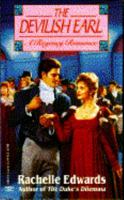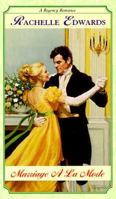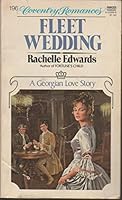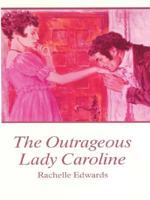The Rested Soul: 30 Meditations to Quiet Your Heart
Select Format
Select Condition 
Based on Your Recent Browsing
Book Overview
True shalom for an anxiety-ridden world.
Do you feel rested and at peace? Or are you bombarded with obstacles keeping you from true soul rest? Daily life can be a grind, full of confusion and chaos. Award-winning author and Bible teacher Tessa Afshar has been there. Drawing from the lessons she learned from battling anxiety in her own life, Tessa brings you on a journey that cultivates a rested soul.
A book of 30 devotionals, The Rested Soul, includes vulnerable stories from Tessa's personal life--stories that will make you feel known and remind you that you are not alone. Full of inspiration found in ordinary moments, Tessa shows you how to remove the impediments that stand in the way of a quiet heart. These deep reflections are accompanied by beautiful images (photography by Tessa's husband). Exhale, heal, and find rest in God.
Tessa's meditations create an oasis of calm when powerful storms of anxiety assail you. She brings you into your hope-filled, joy-infused life in Jesus. In Him, our hearts find quiet and comfort. In Him, we have favor, authority, and strength. In Jesus, we find The Rested Soul.
Customer Reviews
Rated 5 starsyoung merlin
This book by Jane Yolen is the third book of the young Merlin Trilogy. This book tells the tale of Merlin's childhood. Merlin is a young boy determined to never grow up, but on his journey he finds a boy who will grow up to be the great King Arthur. The tale's setting is around 500 A.D. and it is normally in a forest, meadow, or a camp. Instead of the common story of Arthur growing up in a cave with Merlin or growing up...
0Report
Rated 5 starsWonderful!
A fitting conclusion to the "Merlin" trilogy, beautifully written but less like a nature poem than it's predecessor. Still laden with hints of the future, "Merlin" is a wonderful brief read.Merlin escapes from angry dogs, pulled to safety by one of the wodewose, wild men and women who have their dwellings out in the forests. Despite the name, they are relatively civilized, but recognize the amazing talents that Merlin possesses...
0Report
Rated 5 starsA well written piece of work Ms. Yolen!
This book was all that I expected from Jane Yolen and her talents as a n author. She intricately weaved mere folk lore and the arts of falconery to bring up one of the most powerful characters of the medieval period. So has she succeeded in making it a classic and one to be read by all ages. She so has brought of a trilogy for children to read and fantazise of a being that only existed in tales of glory and powers beyond...
0Report
Rated 5 starsGreat!
It feels incomplete at the end though. I hope Jane Yolen writes more of it. It's very good though
0Report
Rated 5 starsGood Book.
This was a good book in that it concluded the series. Don't read this book until you have read the first two.
0Report














































